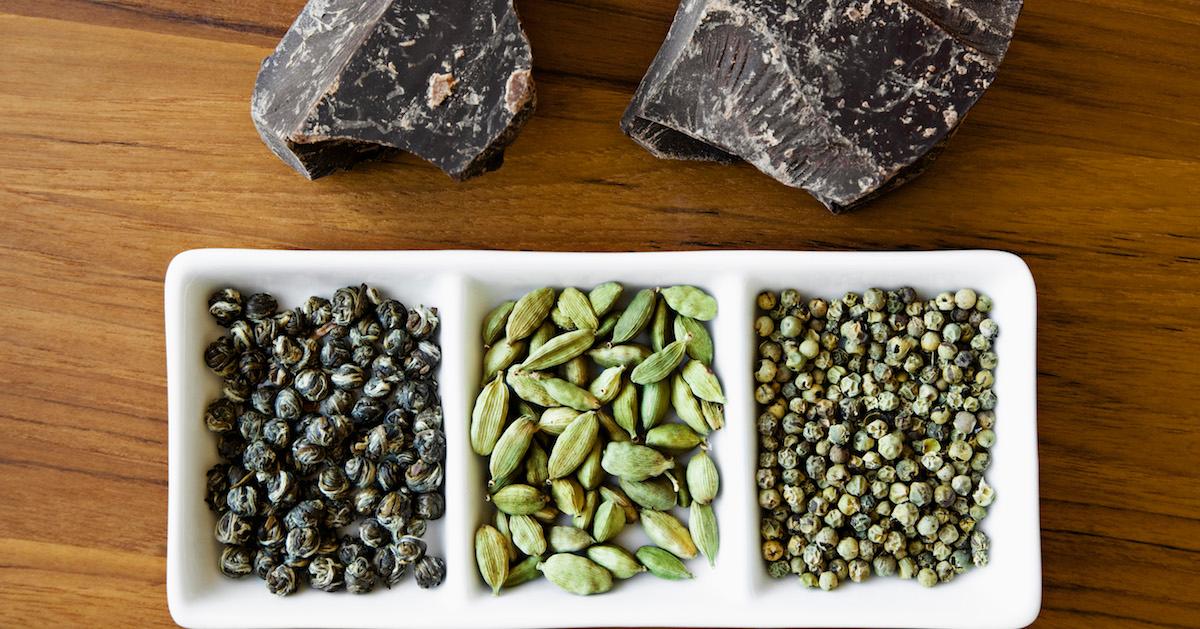Exploring the Amazing Health Benefits of Drinking Green Tea
Published Dec. 16 2020, 12:19 p.m. ET

Green tea has been proven to be loaded with all types of antioxidants — compounds that can improve brain function, protect your body from cancer-causing free radicals, lower your risk of heart disease, and even burn fat. And these antioxidants aren't the only green tea benefits, either. This ancient herbal tea has been used for its medicinal properties and more for centuries now. In fact, all of these benefits might make green tea one of the healthiest beverages on the planet.
What are green tea’s greatest benefits?

Green tea contains health compounds.
Green tea, and in fact many teas, are rich in natural compounds called polyphenols, which have been proven to be quite helpful to the body. According to a study by a number of Chinese scientists, polyphenols have been proven to help reduce inflammation. There’s even some proof that they help fight cancer.
In addition to the polyphenols, green tea contains those same antioxidants mentioned earlier, which can fight off free radicals. Free radicals are dangerous little molecules everyone seems to be talking about these days. LiveScience defines free radicals as single atoms with unpaired electrons that go out into our body, robbing other molecules of their electrons and making our cells susceptible to all manner of diseases.
Research indicates that green tea also contains compounds called catechins which suppress the growth of bacteria in the mouth and can prevent or eliminate bad breath. It’s not going to work right away, like a stick of gum or some mouthwash does, but it certainly couldn’t hurt.

Green tea might improve mood and brain function.
As a caffeinated beverage, green tea is a stimulant. It may not have as much caffeine as a cup of coffee, of course, but it can keep you alert and it might even help boost brain function in some cases. There are even cases of caffeine improving things like mood, vigilance, reaction time, and memory.
Green tea also contains the amino acid L-theanine, which has been linked to anti-anxiety, as per this 2008 study. This is why green tea can both stimulate and calm you in equal measure. So yea, it might not make you “more intelligent” but it can definitely give you a brain boost if you’re feeling sluggish or help you feel better if you’re just feeling down.
On top of that, studies have shown that green tea can help protect neurons from the degenerative effects of dementia and Parkinson’s disease. It might not fully protect against these neurodegenerative diseases, but it could lower the risk over time. Once again, it is the green tea’s remarkable polyphenols that might be responsible for this protective effect.

Green tea can help you burn fat.
Green tea is an ingredient often found in commercial fat burning supplements. This is likely the result of a 2007 study that determined that this miracle beverage can increase fat burning and boost metabolic rate. Note that not all studies came up with the same results for this supposed benefit, however. A lot of what was determined by subsequent research found that base metabolism and other factors had a lot to do with it as well.
That said, other controlled studies have shown that green tea might cause mild reductions in blood sugar levels. So even if it doesn’t boost your metabolism, it might lower your risk of developing Type 2 diabetes. This makes sense too, as there have been indications that diabetes is a risk factor for developing dementia and Alzheimers — at least according to the Mayo Clinic. So if green tea is good for lowering blood sugar, its protective effects likely extend towards preventing neurodegeneration later in life.

Green tea might be good for your heart.
One 2013 study indicated that green tea might be helpful in lowering bad cholesterol, otherwise known as LDL cholesterol. It has also shown the potential of protecting LDL particles from oxidation via its dense antioxidant content. Those same studies have shown an overall lower risk of cardiovascular disease in those who drink green tea regularly.
There is also some proof that drinking green tea might help you live longer. A Japanese study showed that of the 40,530 Japanese adults studied, those who drank five or more cups of green tea per day were less likely to die of all causes — namely, heart disease — with the exception of cancer. This experiment was only run over the course of 11 years, mind you, but a lot can happen in 11 years. If 2020 has taught anybody anything, it’s that a lot can happen in a single year.